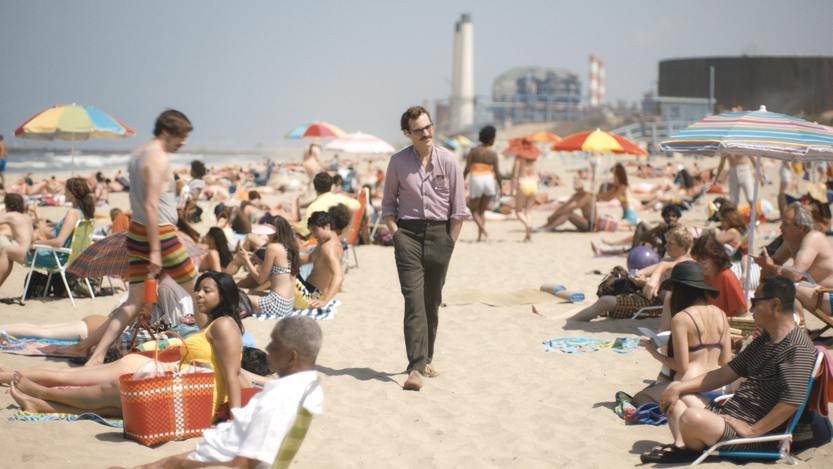A true love story gone awry
I felt moody and depressed. I was infatuated with Scarlett Johansson. And I couldn’t get this thought out of my head: A relationship, I think, is like a shark. You know? It has to constantly move forward or it dies (Annie Hall). “I’m stuck,” says Charlotte, Lost in Translation’s female protagonist of the film’s doomed relationship.
At least to me, the reason for Spike Jonze and Sofia Coppola’s divorce was unclear until both released their individual masterpieces, Her and Lost in Translation, respectively. Coppola released Lost in Translation in 2003, the same year the divorce was finalized.
Both Her and Lost in Translation sadden me. They involve broken relationships and the melancholy that ensues soon after. Isolation and absence bleed through each film. Since Jonze and Coppola had only been married once by the time their films were released, it’s not a leap to imagine that the heartbreak depicted in each movie is based on their failed marriage.
Charlotte resembles Coppola. As the film’s screenwriter, Coppola has admitted that the film is based on her personal experiences and travels to Japan as a college graduate. It has been speculated that Charlotte’s absent husband, John, is based on Jonze. He spends most of his time away from Charlotte, working on photo shoots. Coincidentally, Jonze was a highly sought-after music video director during his marriage to Coppola. If John is based on Jonze, the reason for the divorce becomes clearer.
Her serves as the sort of sequel to Lost in Translation. Theodore, Her’s main protagonist, is getting a divorce. Like Coppola and Charlotte, Jonze uses Theodore as a surrogate for his feelings. He longs for the past and Coppola… no, Catherine… Charlotte? Whatever, they’re the same person anyways.
My allergies for cats and monologues bother me, so Her’s ending has me divided. Theodore’s spoken email to his wife is tacky, undoubtedly. Nevertheless, it’s personal. The monologue actually means something; it’s addressed to Coppola. The words said by Theodore can’t be genuinely written into a screenplay without some personal grief. Lost in Translation also has an ending that troubles me. The inaudible whisper tempts me to read the theories behind it, but the whisper is between Charlotte and Bob, the male counterpart of the relationship. I dislike the curiosity and ambiguity, but those are my faults, not those of the films
Coppola hasn’t made a good film since Lost in Translation. Her most recent films lack originality and rely too heavily on the theme of distance between characters. It has worked masterfully in Lost in Translation; however, it’s tasteless in Bling Ring and Somewhere. Jonze is the better director. Being John Malkovich and Adaptation are astounding. Nonetheless, Lost in Translation is the better film when put up against Her. Why? Bill Murray, Bill Murray and Bill Murray.
Watching Lost in Translation and Her, back to back, is witnessing both sides of a broken marriage. It’s worth noting that Coppola and Jonze don’t vilify one another in their films, but rather focus on conveying their honest, unfiltered emotions. Both films surpass the boundaries of filmmaking. They serve as statements for the intimacy and attachment Coppola and Jonze shared and from which they have moved on.

This is Thomas' second year in the Talon as an Entertainment Writer. His hobbies, aside from writing mediocre poetry and stellar shopping lists, include,...










Hopkins • Sep 23, 2018 at 6:36 pm
Interesting article. This was quiet fun. Thank you